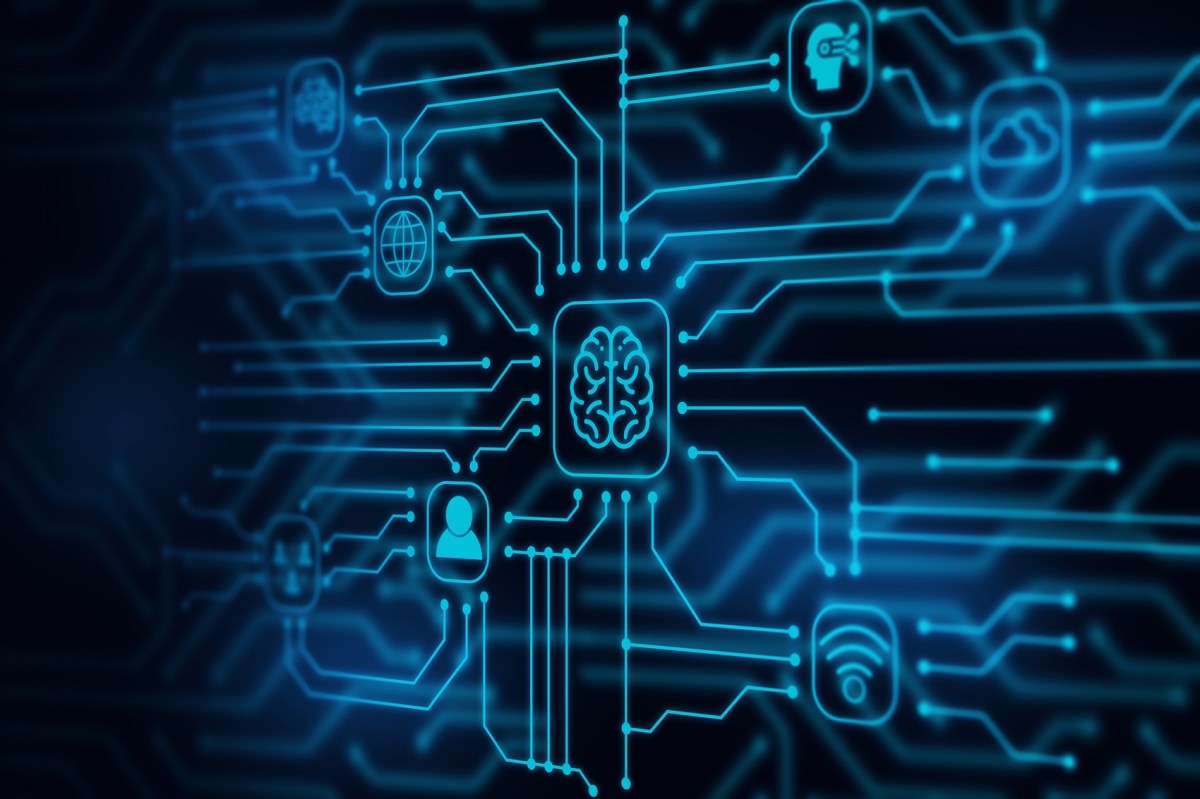A positive customer experience can have a ripple effect on a business’s overall performance, for example by lowering churn, increasing revenue, and, most importantly, improving customer loyalty. With e-commerce now the top choice for Australians with more purchases now being made online (55%), exceptional and memorable customer experiences have become a critical differentiator.
As customer expectations continue to grow with technology advancement, Freshworks has found that 80% of respondents want quicker responses from businesses, and only 14% of customers expect that they’ll be ‘wowed’ by the customer service they receive.
It’s no wonder, therefore, that businesses are clamouring to implement AI to enhance the customer experience and increase customer satisfaction. Automation of workflows seems to be the most popular application of AI, used by 86% of IT pros already to boost efficiency.
However, while AI brings about a whole host of benefits, businesses need to recognise that they are only part of the solution to customer satisfaction, and not the be all and end all. In fact, AI performs most effectively when they are working to accompany and supplement human customer service teams, rather than replace them all together.
So how can businesses strike a balance between human agents and AI to ensure that businesses are ensuring high productivity? How can businesses use AI for simple and mundane tasks, and bring in customer service agents at the appropriate time to ensure customer satisfaction?
Prioritising AI and customer service agents to deliver stellar customer service
Freshworks recently found that companies in the US could save over AU$23,430 (US$15,000) per IT employee each year using AI to eliminate time wasted on repetitive tasks. That means that an enterprise-sized company of at least 5,000 employees and an average of 200 IT professionals could save at least AU$4.69 million annually using AI.
Generative AI (or “gen AI”) tools such as AI chatbots promise to play a big part in this saving. Gen AI can help improve the productivity of customer-facing teams, increase customer satisfaction through speed-of-service and reduce the workload on customer service teams that are caused by live chat. In an age where customers expect instant answers and quick fixes, gen AI can take the lead, enabling staff to focus on the more complex client queries or concerns.
Even adding just 100 extra tickets per month for each agent has been found to result in a drop in customer satisfaction scores by 1% as agents are stretched too thin, leaving them with less time to listen and understand the needs of their customers. By using gen AI and machine learning, businesses can reduce the burden on agents by addressing common customer queries through FAQs and automated responses, liberating agents of mundane and repetitive queries.
Aside from limiting agent workload, gen AI can drive productivity and efficiency than legacy software has done in decades and better triage issues so the right agents receive queries they are most adept at handling.
For more nuanced or complex customer service enquiries, this is when businesses need to ensure human agents can come into play and provide timely support. Too often, companies use AI as an excuse to block customers from reaching a human customer service agent, sending them in spirals of unrelated FAQs and unhelpful responses, which can frustrate the customer and damage brand loyalty.
While gen AI is getting increasingly advanced and less easily distinguishable from humans when it comes down to really adding value, delighting the customer and building satisfaction and brand loyalty, humans still have the edge over their cloud-based colleagues, so finding the right balance is crucial to customer service success.
AI is an incredible resource for companies and businesses should continue to tap into them where possible. Customers don’t mind waiting longer if it means receiving good customer service. It’s imperative that AI isn’t used to substitute human agents or deflect and prevent access to human customer service assistants but that they work as a supplement to customer service teams. For AI adoption to be successful, they need to be used properly and responsibly too, not to replace human customer service agents, but rather, to support them in doing their job.
Leveraging AI to supercharge your customer experience
Great CX is not defined by what you offer, but by how your customers feel when they engage with your products and services, your employees, and your brands. With more businesses operating online, being able to differentiate from competitors is harder than ever before.
An exceptional customer experience can significantly help businesses create meaningful relationships with customers and build consumer trust and loyalty.
Striking a balance between AI and customer service agents will go a long way in helping businesses to ace their customer experience and ensure high customer satisfaction.
Ben Pluznyk is ANZ director and country manager at Freshworks.

